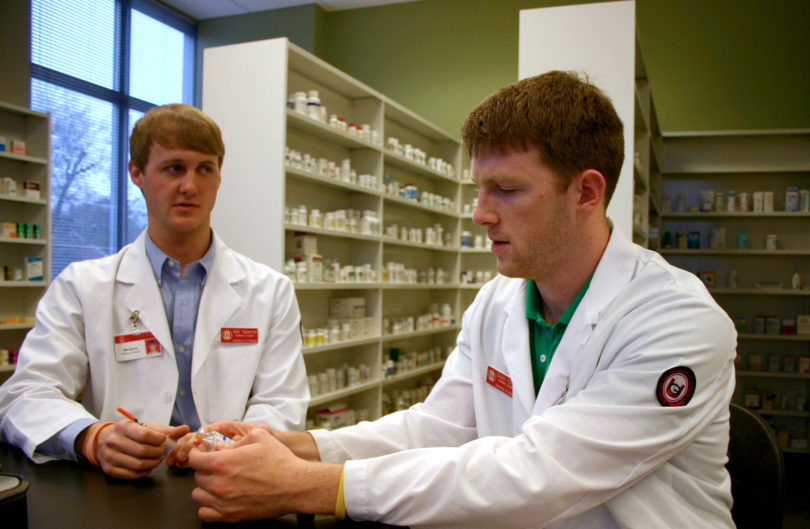The Creative Research Awards are presented annually to recognize innovative research that has received national and international acclaim. Sarah Spence received the Albert Christ-Janer Award for research in the humanities, Bi-Cheng Wang received the Lamar Dodd Award for research in the sciences, and David DeJoy received the William A. Owens Award for research in the social and behavioral sciences.
Spence, professor of classics, is trained as a comparative medievalist. Yet her research and scholarly work embraces the classics as well as more modern literature. In addition to her many books, essays and book reviews, Spence is the founding editor of Literary Imagination, a journal of creative and scholarly writing that has earned worldwide praise for her, its authors and UGA. Spence’s interest in harnessing the unique capacity of literature to compare and contrast strategic issues is the subject of her current project, which analyzes the literary treatment of Sicily from Vergil to Dante. While the project draws on research from her first book, Rhetorics of Reason and Desire, it applies the methodology of her second book, Texts and the Self in the Twelfth Century, in which she looks at the creative interplay between Latin and vernacular texts.
Wang, professor and GRA Eminent Scholar of Biochemistry and Molecular Biology, is internationally known for his contributions to structural biology, crystallographic education and structural genomics. Developer of the solvent-flattening method, Wang has recently pioneered a new technique, direct crystallography, to expedite determinations of structure from native protein crystals. In addition to building a world-class facility for X-ray structural biology at UGA, Wang helped found and serves as director of the Southeast Regional Collaborative Access Team also known as SER-CAT. The organization, which has 26 member institutions, uses a $25-million shared facility constructed and operated by UGA at the Advanced Photon Source of the Argonne National Laboratory. Wang, who received the 2008 A. Lindo Patterson Award from the American Crystallographic Association, also serves as director of the Southeast Collaboratory for Structural Genomics, an NIH-funded project that has attracted more than $30 million in support over the past seven years.
DeJoy, professor of health promotion and behavior, studies the behavioral and psychological aspects of workplace safety, particularly the organizational factors that promote or obstruct it. In 1993, DeJoy authored, in the Journal of Occupational Medicine, a seminal paper that made the case for integrating the scientific and business aspects of workplace safety. His model emphasized organizational factors, as opposed to blaming accidents on workers or a lack of training; it is based on increased cooperation between unrelated departments to achieve common goals such as improved safety. This and DeJoy’s other work on integrating human resources within organizations have inspired new research directions in the field, as well as numerous real-world applications. Today many of the country’s largest employers, the Centers for Disease Control and Prevention among them, have adopted his model.





